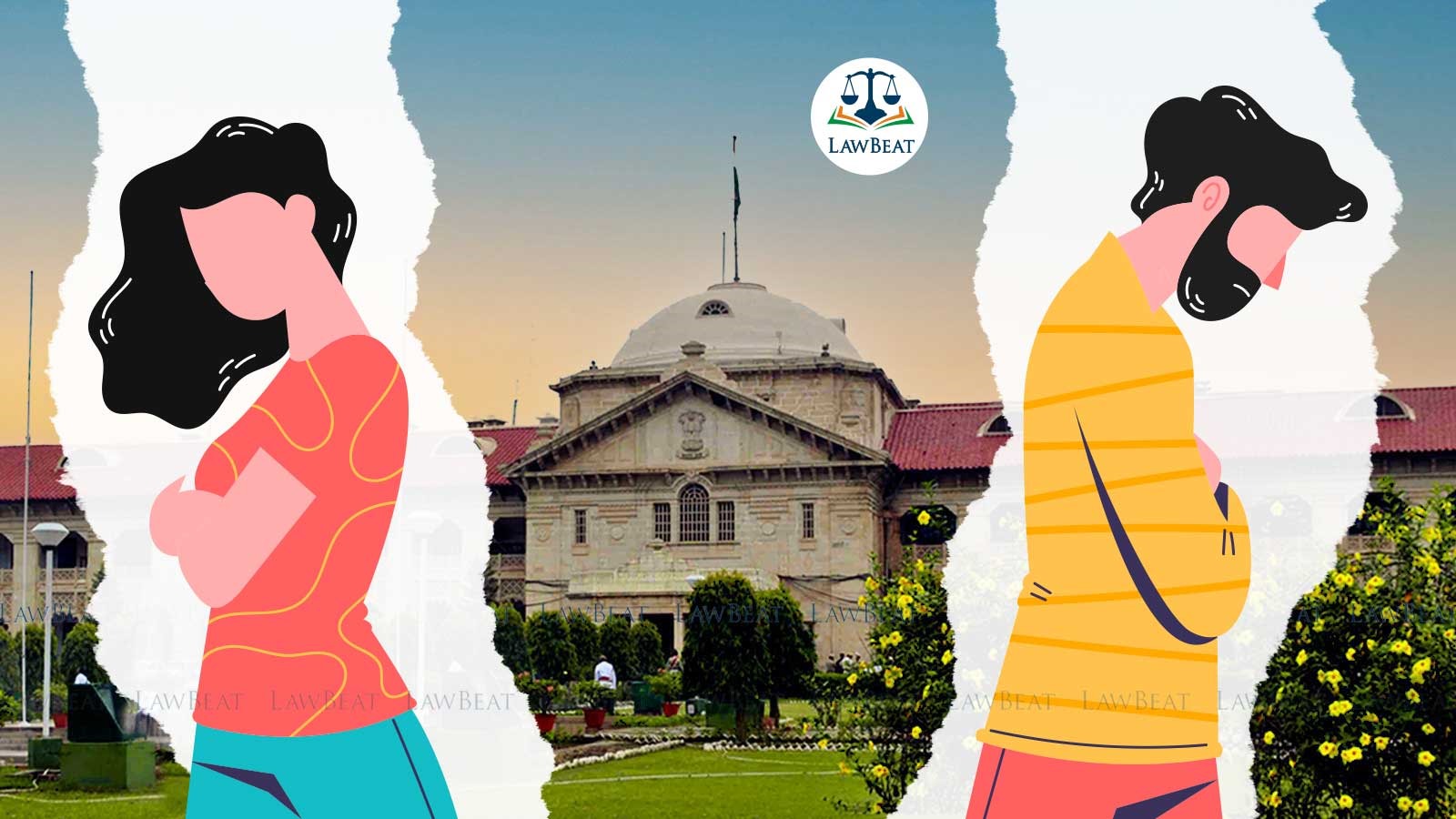Husband Can't Dodge Maintenance Due to Legal Loophole: Allahabad HC

Court highlighted that the issue raised in the present matter was no longer res-integra and stood concluded by the judgment of the Supreme Court in Chanmuniya Vs. Virendra Kumar Singh Kushwaha and Another (2011)
The Allahabad High Court recently rejected a man's revision petition against a family court's order to pay Rs 5,000 monthly maintenance to his wife. The man claimed that his marriage with the wife was not valid since the wife had not taken a decree of divorce in her first marriage.
However, the bench of Justice Rajeev Misra noted that the couple had been in cohabitation as husband and wife for more than 15 and ½ years and it was the man who had deserted the woman. Court also noted that a marriage had been solemnized between them in 1998.
"The husband now cannot turn around and absolve himself from his liability to pay maintenance to the wife on account of a legal loophole," the single judge bench held.
It emphasised that the issue raised in the present matter was no longer res-integra and stood concluded by the judgment of the Supreme Court in Chanmuniya Vs. Virendra Kumar Singh Kushwaha and Another (2011).
The top court in case of Chanmuniya has held that "in those cases where a man, who lived with a woman for a long time and even though they may not have undergone legal necessities of a valid marriage, should be made liable to pay the woman maintenance if he deserts her. The man should not be allowed to benefit from the legal loopholes by enjoying the advantages of a de facto marriage without undertaking the duties and obligations".
In the case before the high court, records showed that the woman, Kabutari Devi, got married to one Deenanath on February 12, 1998, but their relationship became strained on account of marital discord and they got separated.
Subsequently, the woman married Ram Adhare Paswan (the revisionist) on December 12, 1998. However, Ram Adhare Paswan also abandoned her on April 7, 2014.
In the meanwhile, in 2005, the woman entered into a compromise with her first husband, which was in writing, that both the parties were free to have a second marriage.
After her second husband left her, the woman filed a maintenance case under Section 125 CrPC seeking payment of monthly maintenance from him.
The family court ruled that the woman was successful in establishing that she was married to Deenanath previously, however, according to the customs of her caste, the relationship between her and her first husband had been legally concluded. The family court also found that the woman's marriage with her second husband Ram Adhare Paswan (the revisionist) was duly solemnized.
Therefore, the family court ruled in favour of the woman and ordered the second husband to pay maintenance.
In revision, the second husband argued before the high court that it was an undisputed fact that the first marriage of the woman was not dissolved by a decree of court passed in terms of Section 13 of the Hindu Marriage Act but upon mutual agreement, therefore, in absence of a legal divorce, her marriage with the second husband was void. Hence, she could not claim maintenance from him.
However, the high court upheld the family court's decision and refused to interfere with it.
Case Title: Ram Adhare Paswan v. State of U.P. and Another
